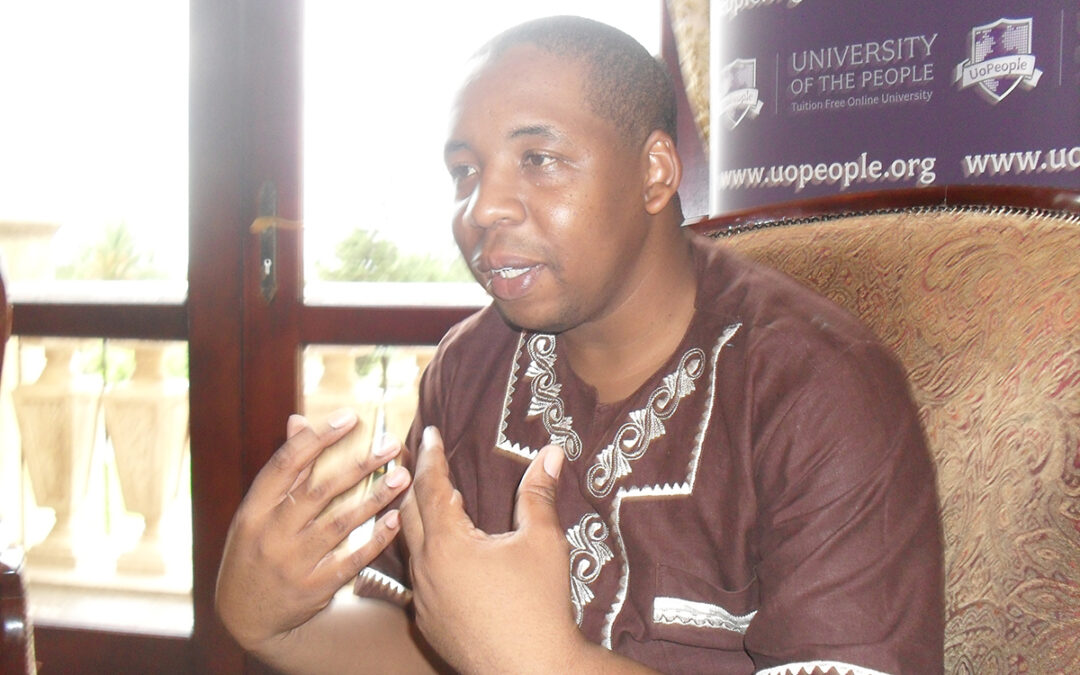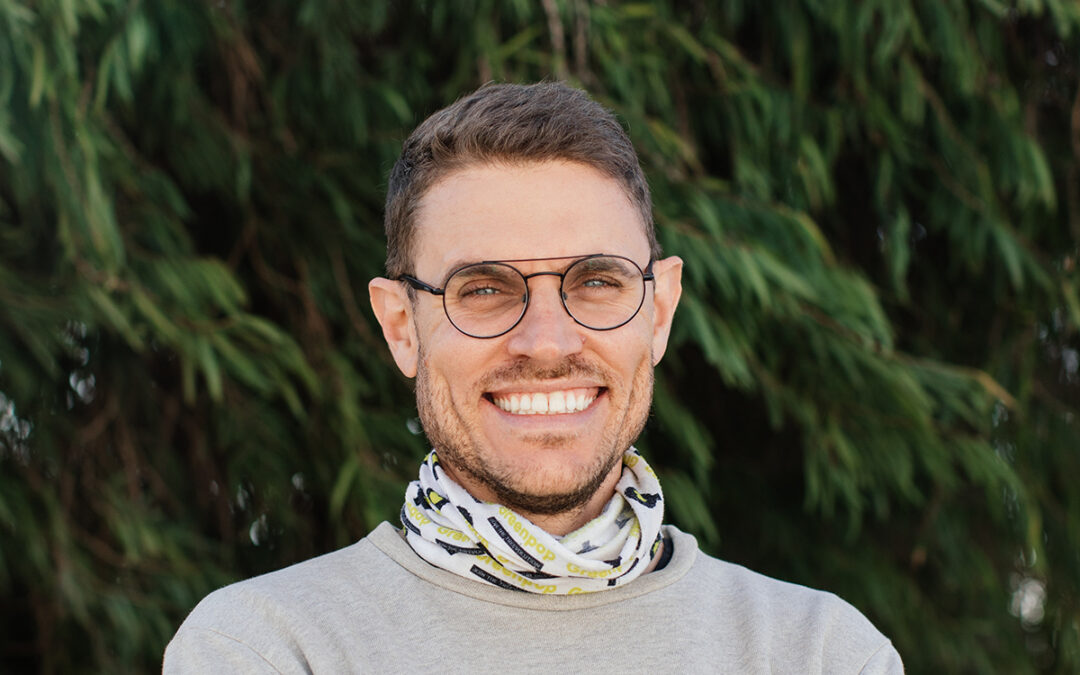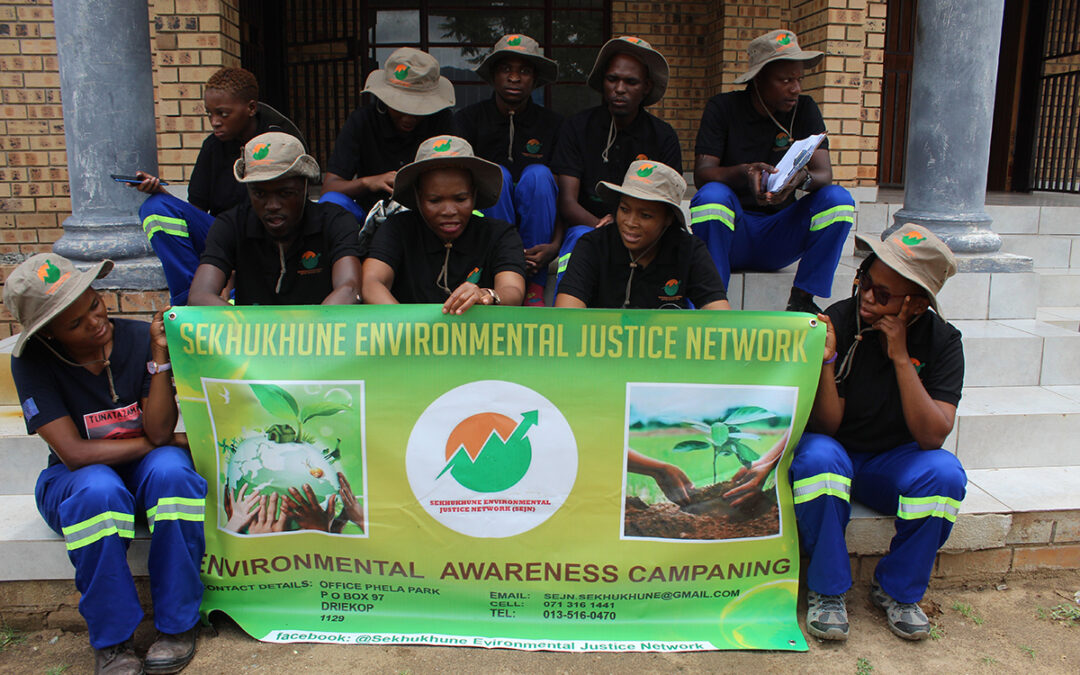Bishop Ngobeli’s interest in conservation stems from his childhood. He grew up in rural Venda, where he says he was always exposed to the natural environment. He studied nature conservation at the University of Pretoria, then began his career as an intern at Mokala National Park, near Kimberley.
He later joined the department of water affairs and forestry and became a project manager developing parks for the City of Johannesburg. He is currently conservation manager for Johannesburg City Parks and Zoo, where his responsibilities include taking care of reserves, koppies and bird sanctuaries.
Ngobeli is also president of the Institute of Environment and Recreation Management, a position that allows him to fulfill his passion for “greening our communities” and advocating for broader access to open spaces. In 2020, he was recognised as an emerging leader by World Urban Parks, an international organisation representing the urban parks, open spaces and recreation sector; he is the first black member of its board.
Ngobeli is also leading the president’s 10 Million Tree Programme, launched in September with the goal of planting two million trees each year. “If you look at areas like Protea, Diepsloot, Braamfischerville and others, these areas are still brown, so we need to have such initiatives and make them green by not only planting indigenous trees, but also fruit trees, so that in the near future, communities can utilise these trees for food security,” Ngobeli says.
He adds: “Government has provided electricity and water to citizens, but we need to go further to ensure a better quality of life that comes from green and open spaces.”
“Government has provided electricity and water to citizens, but we need to go further to ensure a better quality of life that comes from green and open spaces.”











